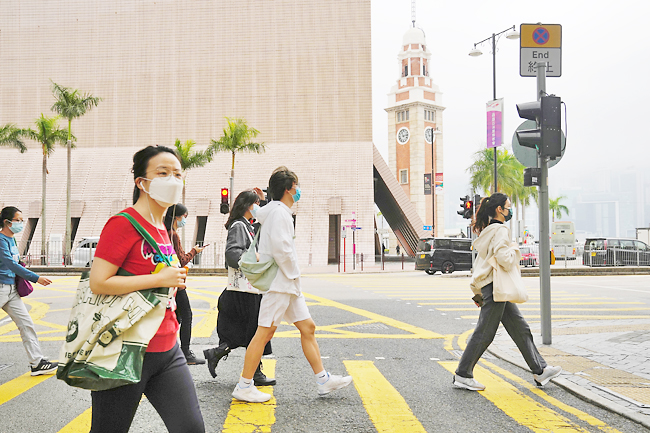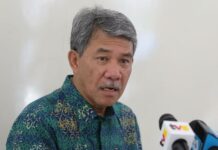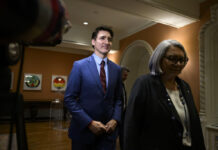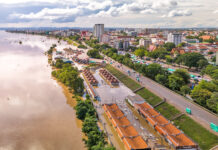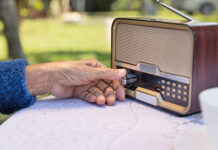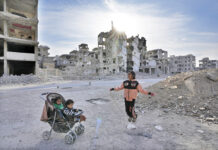HONG KONG (CNA) – With thousands of people locked down in tiny apartments, government quarantine centres filling up and many businesses shuttered, Hong Kong is scrambling to sustain a zero-COVID policy that has turned one of the world’s most densely packed cities into one of the most isolated.
The economic and psychological tolls from the global financial hub’s hardline approach – in line with China’s strategy – are rapidly rising, residents said, with measures becoming more draconian than those first implemented in 2020.
Flights out of Hong Kong’s international airport are down about 90 per cent, more than 8,000 people are locked down in government quarantine facilities and a congested housing block, while 900,000 students have been shut out of schools since the start of this week.
Doctors said the restrictions are taking an increasingly heavy toll on residents’ mental health.
Once one of the world’s most connected places, Hong Kong is reeling from the closure of its borders, impacting the free flow of people and the availability of food and foreign products the city is so highly dependent on.
Besides schools, authorities in the city of 7.5 million have shut down playgrounds, gyms and most other venues, while tens of thousands of people are required to do daily coronavirus tests.
Restaurants and establishments close at 6pm. More than 2,000 hamsters and other animals have been culled to stop transmissions as community cases surge.
Clinical assistant professor at the University of Hong Kong’s Department of Microbiology Siddharth Sridhar, said “a very practical adjustment in terms of our containment strategy” was needed.
“This is not sustainable,” he said. “Eventually we are going to see a very local protracted outbreak, likely to be worse than previous cases.”
While Hong Kong succeeded in keeping the virus under control for much of 2021, there have been over 600 locally transmitted infections in January so far, compared with just two in December, as the highly transmissible Omicron variant spread.
“Essentially it’s playing whack-a-mole. It (coronavirus) will simply keep coming back,” said professor at the University of Nottingham in the United Kingdom Keith Neal, referring to the popular amusement arcade game.
